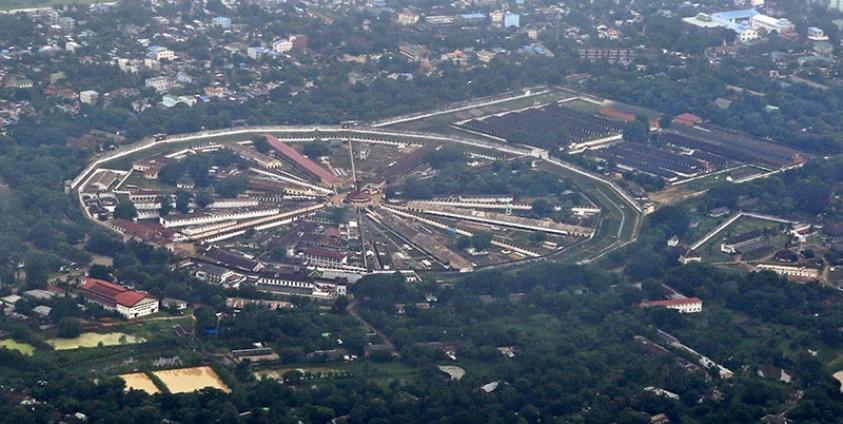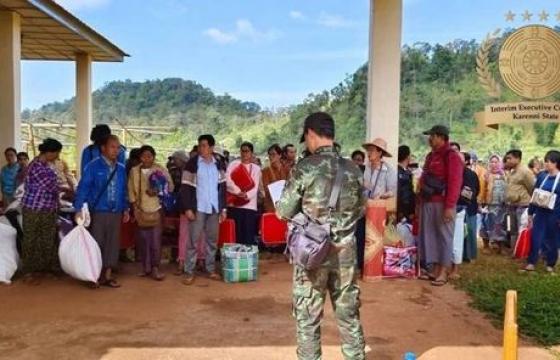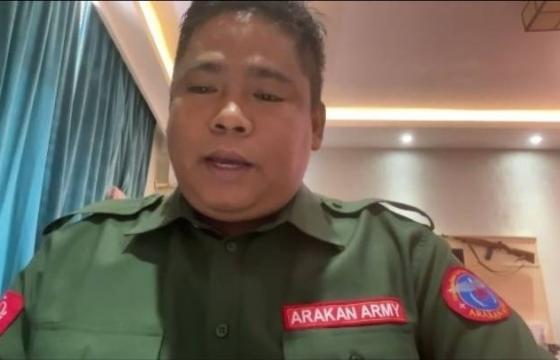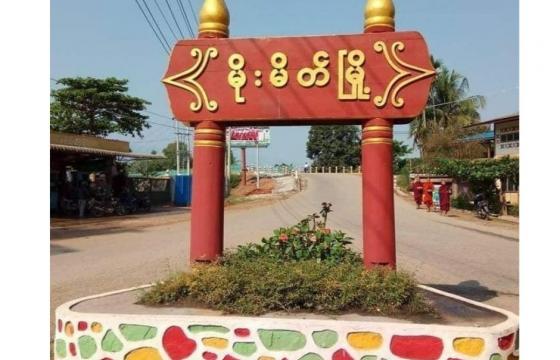Myanmar’s government must seize the opportunity to break with its grim past where prisoners were subject to torture and appalling conditions by introducing key reforms that prison legislation in line with international human rights standards, a new briefing from Amnesty International says yesterday.
“Myanmar’s prisons are globally notorious as sites of human rights abuses. It is heartening to see that the government and the country’s parliamentarians, many of whom endured torture and other ill-treatment in these same prisons, are considering crucial prison reforms. Now, they must ensure that no other prisoners are subject to the same fate,” said Rafendi Djamin, Amnesty International’s Director for South East Asia and the Pacific.
The July 2015 draft Prisons Law represents a significant improvement on the archaic laws that are currently in force and that, for decades, facilitated conditions where prisoners were tortured, cramped into small cells or confined in overcrowded spaces, denied clean water and adequate healthcare, and subject to punitive transfers, forced labour and other horrific punishments.
However, the draft law still falls far short of international human rights standards. The new Amnesty International briefing, Myanmar: Bring Rights to Prisons, details how the proposed legislation fails to prohibit torture and other ill-treatment or include safeguards against some of the worst abuses the country’s prison system has been known for, including unlawful detention and forced labour.
If Myanmar is serious about improving prisons conditions and generally preventing torture and other ill-treatment, it needs to cast light into the dark cells where prisoners are kept and enact reforms that are worthy of the ambition
“As it stands, the draft will still leave people vulnerable to the human rights abuses that earned Myanmar’s prison system its bad name in the first place. If Myanmar is serious about improving prisons conditions and generally preventing torture and other ill-treatment, it needs to cast light into the dark cells where prisoners are kept and enact reforms that are worthy of the ambition,” said Rafendi Djamin.
The briefing outlines how mandatory independent monitoring of prison conditions and the establishment of an independent complaints mechanism for prisoners will create greater transparency for a prison system that has long relied on secrecy.
Amnesty International’s briefing also urges Myanmar’s lawmakers to introduce provisions in the draft law that will guarantee that minimum standards of health, food, potable water, accommodation, sanitation and hygiene are met. The organization also calls for provisions that address the special needs of juveniles and women and regulate the use of force by prison officials to be added.
At the same time, Amnesty International is recommending that problematic provisions in the draft law be removed. These include, for example, the resort to restraint and prolonged solitary confinement as disciplinary measures.
In the briefing, Amnesty International carries out a detailed legal analysis of the draft law and offers alternative language that will ensure that international standards, including the Nelson Mandela rules that set out a minimum level of humane treatment of all prisoners, are met.
We welcome the spirit behind the new draft prison law, which will replace laws that are more than a century old and have no place in a modern, rights-respecting society Rafendi Djamin, Amnesty International's Director for South East Asia and the Pacific
“Our briefing is designed to help lawmakers with their task. We welcome the spirit behind the new draft prison law, which will replace laws that are more than a century old and have no place in a modern, rights-respecting society. The recommendations we have made are there to help Myanmar break with a tradition of appalling prison practices and move towards a prison system that is focused on rehabilitation which treats detainees humanely.” said Rafendi Djamin.







